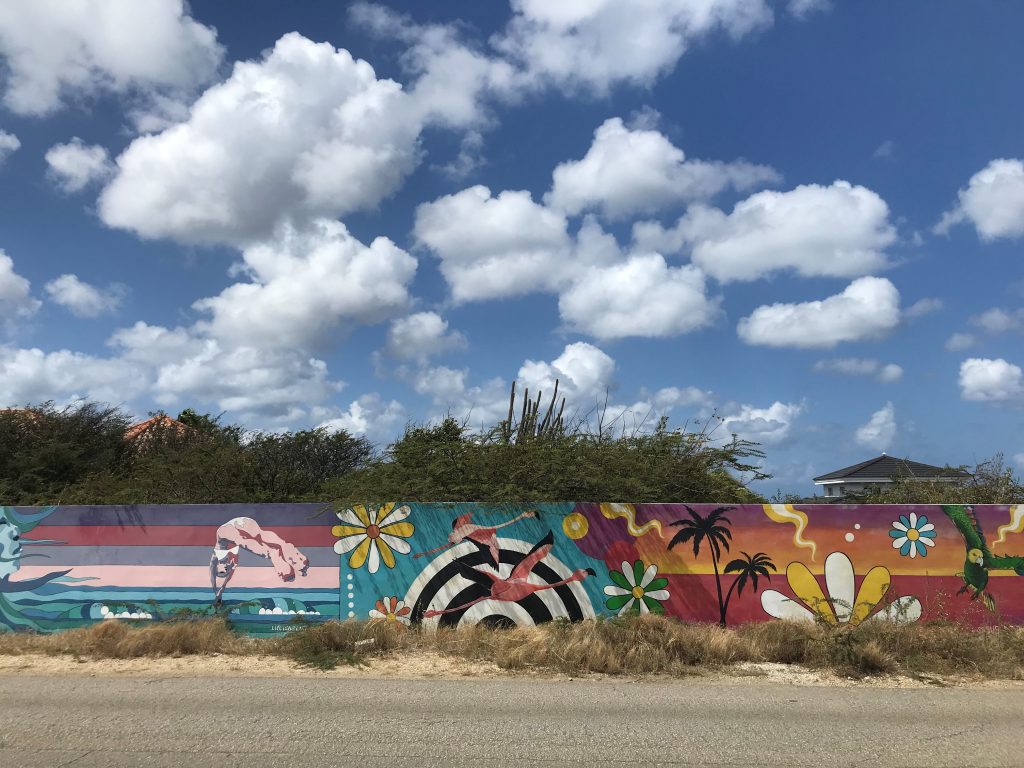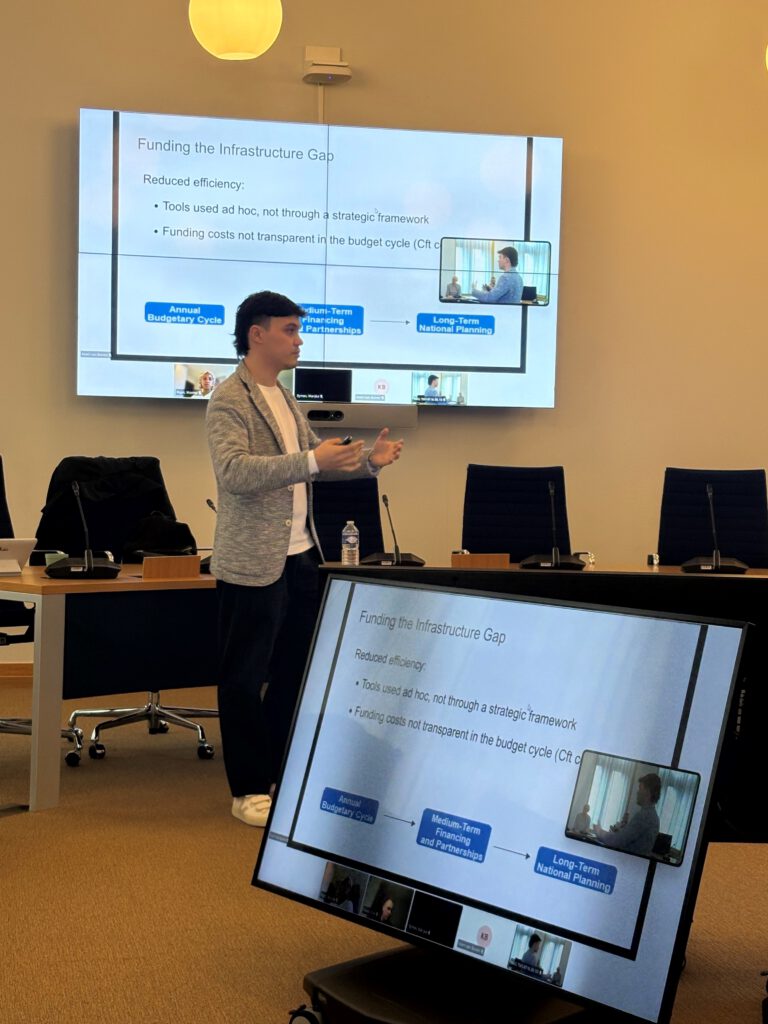Research conducted by Economisch Bureau Amsterdam (EBA), commissioned by the Centraal Dialoog Bonaire (CD), highlights the urgent need to strengthen Bonaire’s earning capacity. The study focuses on developments from 2012 to 2023 and outlines concrete opportunities to promote sustainable economic growth and self-sufficiency.
While Bonaire experienced substantial economic growth in recent decades, this growth was entirely driven by population increases, primarily due to immigration. At the same time, the real added value per capita and labor productivity declined. Imports rose sharply due to population and tourism growth, while exports stagnated, leading to reduced self-sufficiency. The report emphasizes that Bonaire’s economic future lies in the development of sectors such as agriculture, fisheries, culture, recreation, and business services. These sectors not only offer opportunities for growth but also contribute to greater self-sufficiency and reduce Bonaire’s vulnerability to external shocks. Furthermore, the development of the Blue Economy – with a focus on sustainable use of marine resources – is a promising strategy. This could yield economic benefits through sustainable fishing, renewable energy, and ecotourism while preserving Bonaire’s unique natural and cultural heritage. The report warns that without structural measures, Bonaire risks further erosion of its earning capacity. EBA’s Recommendations for action:
- Policies targeting cost control and local production: Develop cohesive policies to reduce the cost of living and doing business while investing in local agriculture and fisheries.
- Regulate migration and population growth: Introduce policies to better manage immigration and alleviate pressure on housing markets and natural resources.
- Focus on nature and culture: Protect Bonaire’s unique natural and cultural assets and make them central to an economic strategy.
- Implementation discipline: Strengthen implementation capacity and ensure long-term commitment from both local governance and the Dutch government to achieve plans.



